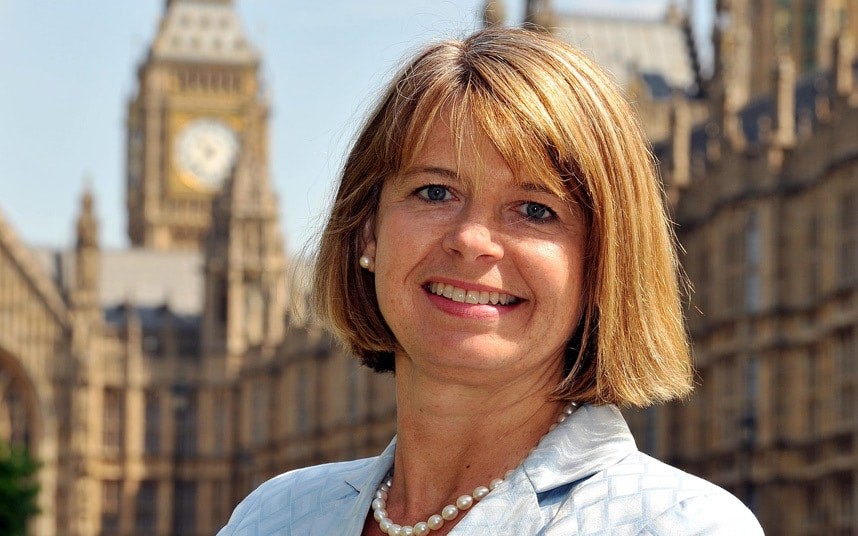President Buhari has approved Flare Gas for the Prevention of Waste and Pollution Regulations to be used for the implementation of the National Gas Flare Commercialization Program (NGFCP) according to NGFCP program Director, Justice Derefaka.
He disclosed that Nigeria loses approximately $1 billion of revenue to gas flaring because it does not have the capacity to capture and commercialize flared gas in the country.
“We are pleased to inform you that His Excellency, President Buhari has approved the “Flare Gas for the prevention of waste and pollution Regulations 2018.” “We are also pleased to mention that we have completed the design of the key program transactional, commercial framework and documentation. We therefore expect to announce the first bid round for the flare gas to the public within Quarter (Q) 3, 2018.”
Derefaka stated that if flared gas was properly exploited, it could create 300,000 jobs, produce 600,000 metric tons of Liquefied Petroleum Gas (LPG) per annum, as well as generate up to 2500 megawatts (MW) of electricity from new and existing power stations.
He further stated that approximately 700 million standard cubic feet per day of gas was flared at 178 flare sites in the country, while about $3.5 billion worth of inward investments was required to accomplish the country’s flare gas commercialization targets by 2020.
Sequel to the approval, the NGFCP would roll out its program with the expectation that investors would key into it. The NGFCP by its design would be a market-driven mechanism to attract competent third-party investors from across the world to commercialize country’s flared gas.
The flared gas would reportedly be available at a price the successful investors bid, for use as fuel and or feedstock in proven gas utilization technologies. The bidding process will be carried out using a two-stage procurement process.
The Nigerian Society of Engineers (NSE) and the Nigerian National Petroleum Corporation (NNPC) have pledged to work together to revive oil industry related projects that are critical to Nigeria’s economic development.


